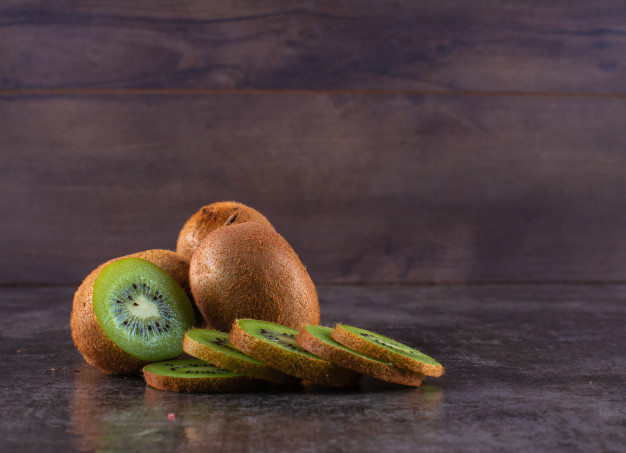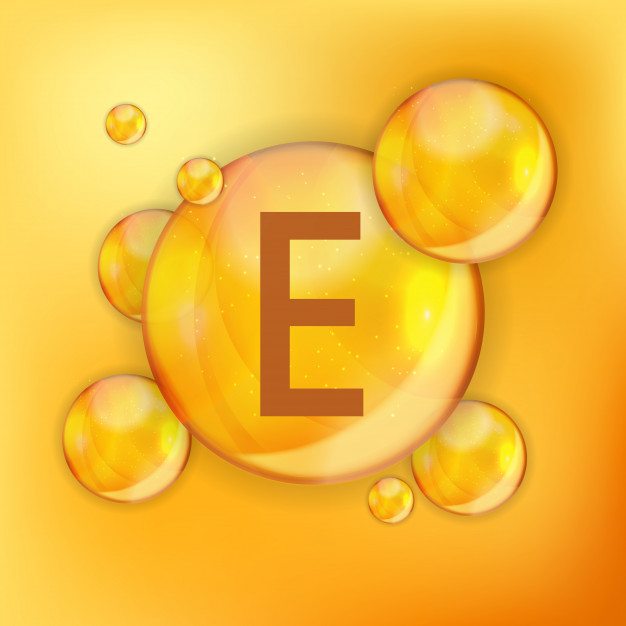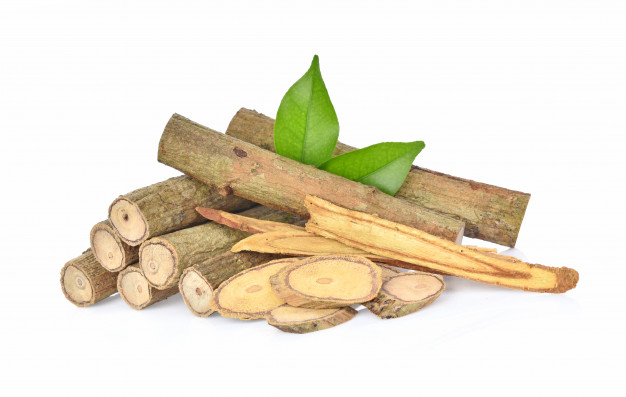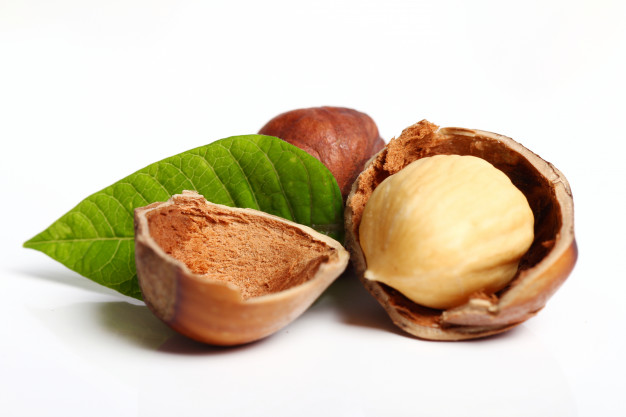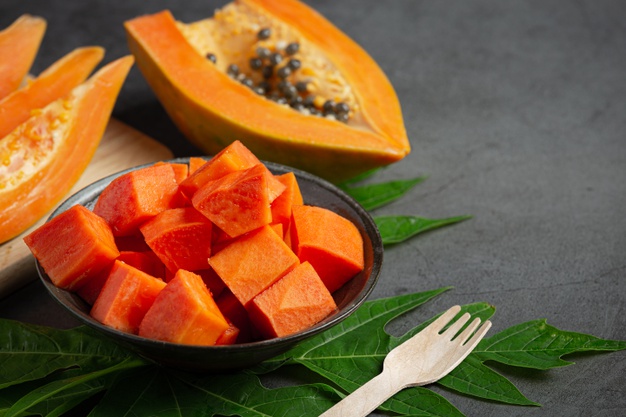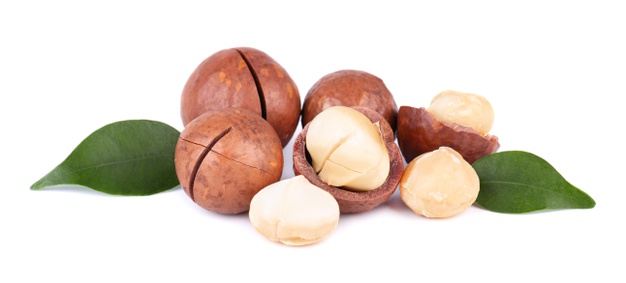Kiwi is a nutritious fruit belongs to Actinidia genus. It is packed with fibre as well as micronutrients and offers numerous health benefits.
Nutritional profile
- It contains less amounts of carbohydrates but contains desirable amounts of fibre
- It contains very less amount of protein
- It contains negligible amount of fat especially polyunsaturated fatty acid and totally free from cholesterol
- It contains Vitamin A, vitamin C, Vitamin E, Vitamin K, Vitamin B3, B5, B6 and B9
- It also contains various important trace elements like calcium, phosphorus, potassium, iron, zinc, magnesium and sodium
Biological property
Antioxidant property
- It is a food of super antioxidant activities as it is packed with Vitamin C, Vitamin E and Vitamin A
- It helps to reduce the concentration of free radicals within body and decreases oxidative stress
- It also helps to protect every cell of the body from oxidative damages and promotes their functionality
- Consumption of kiwi is extremely effective for decreasing the risk of developing chronic diseases
Anti-inflammatory property
- It plays significant role in preventing inflammation
- Bromelain is an enzyme found in kiwi, helps to split protein and heals inflammation
- It also helps to prevent joint swelling thus its consumption is awfully useful for improving the symptoms of arthritis

Anti-carcinogenic property
- It exerts strong anti-carcinogenic activities and helps to decrease the concentration of carcinogens within body
- One of the important causative factors of cancer is considered as damaging of DNA and mutation of gene. Consumption of kiwi is very much helpful for inhibiting these harms as it helps to protect DNA from damages caused by peroxides and also prevents breakage of DNA strand caused by oxidative stress. Thus it is better to include kiwi in diet for reducing the susceptibility of cancers
- It also helps to suppress the growth of malignant cells and prevents metastasis as well
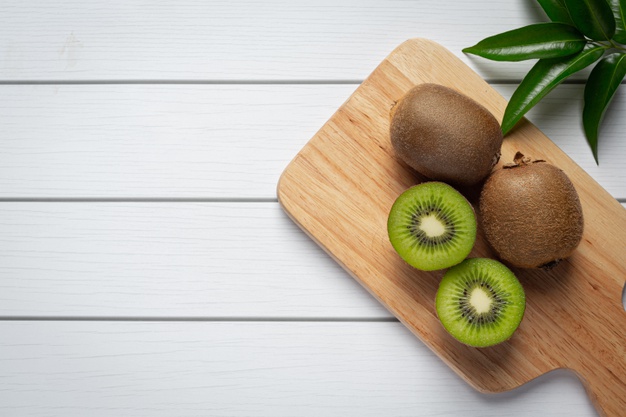
Health benefits
Role on immunity
- It is rich in Vitamin C as well as Vitamin A, which plays imperative role in boosting up the immunological responses of the body
- Its Vitamin C content is responsible for protecting the body from the harmful effects of pathogens
- It also helps to promote healing process
- Its Vitamin B9 and iron content also help to fight exhaustion and make the body healthy
- Consumption of kiwi is a healthy option for enhancing the body’s resistant power

Role on digestive health
- Individual who suffer from indigestion should consume kiwi
- It contains an enzyme named actinidin, which helps to stimulate the digestion process especially the digestion of proteins
- It is better to consume kiwi after consuming a large meal as it helps to digest tough proteins from fish or meat and prevents bloating
- Its fibre content plays significant role in improving the bowel movement, which is associated with healthy defecation hence it helps to prevent constipation
- It also helps to protect the entire gastrointestinal tract from oxidative as well as from inflammatory damages and reduces the risk of developing gastrointestinal disorders
Role on maternal health
- It contains significant amount of folate, which is one of the most important micronutrients required for promoting maternal health
- It helps to promote the development of fetus brain as well as spinal cord
- Consumption of kiwi before conception as well as during pregnancy significantly reduces the prevalence of neural tube defects, anencephaly, spina bifida and congenital anomalies among babies
- It also helps to increase maternal blood volume that helps to approach parturition effectively
Role on eye health
- Kiwi contains zeaxanthin and lutein both of which help to promote eye health and improve vision
- It helps to protect cornea from oxidative damages
- It also helps to reduce the risk of developing cataract
- Macula is an important part of retina that helps in central vision. Consumption of kiwi is very effective for protecting this macula from damages and reduces the prevalence of macular degeneration

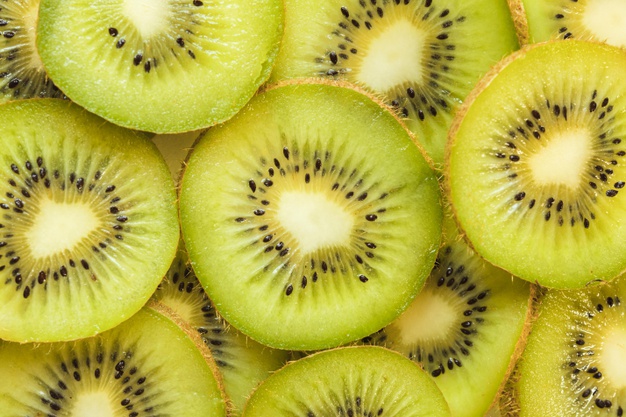
Role on weight management
- Individual who want to reduce their body weight should include kiwi in their daily diet
- It is high in fibre and low in calorie thus it is considered as an effective weight reducing food stuff
- It also helps to increase the metabolic rate of the body hence increases calorie expenditure and facilitates weight reduction
- Its fibre content is responsible for providing a feeling of satiety, which is associated with reducing food consumption by restricting appetite hence reduces the risk of gaining weight
Role on respiratory health
- It is very useful for treating various respiratory disorders
- It helps to promote lung functions as well
- It has seen that including kiwi in diet is very much beneficial for treating shortness of breath and wheezing
- Its vitamin C and antioxidant contents are also responsible for treating asthma

Role on skin
- Vitamin C and vitamin E contents of kiwi are responsible for promoting skin health as they act as antioxidant and helps to protect the skin from oxidative damages
- Its phytonutrients and antioxidant components are also accountable for preventing the sign of ageing
- It helps to improve the elasticity of skin as its Vitamin C content helps in collagen synthesis
- It also helps to prevent degradation of skin
- It helps to provide healthy youthful and glowing skin
Therapeutic advantages
- Its fibre content is responsible for reducing blood cholesterol concentration hence it should be consumed for maintaining a healthy lipid profile
- Its lipid lowering effect is very much helpful for inhibiting unnecessary fat deposition within blood vessels (plaque formation) thus reduces the prevalence of atherosclerosis
- It is extensively used for preventing coronary artery disease, angina pectoris and myocardial infraction
- It contains significant amount of potassium, which acts as an imperative vasodilator and helps to dilate blood vessels and prevents hypertension. It shows significant effect on lowering both systolic as well as diastolic blood pressure
- It helps to prevent blood clotting as well that also helps to provide a positive effect on blood pressure
- Its consumption is very effective for promoting blood circulation, which ultimately helps in supplying adequate oxygen, nutrients, hormones, enzymes and several other important substances throughout the body that facilitate body’s growth, nourishment and development
- Diabetic patient should include kiwi in their regular diet as it helps to reduce blood sugar concentration. Its fibre content plays important role in decreasing glucose load in blood by reducing glucose absorption through intestinal epithelial cells

General consideration of using Kiwi
- It is better to rinse kiwi properly before consumption
- It should be cut in half and the inside portion should be scooped for consumption
- It can be peeled and sliced as well before consumption
- Once the kiwi is cut it should be consumed as early as possible because if it is kept for long time then it will be tenderized due to its enzymatic action
- It contains actinidin (an enzyme) that helps to break protein easily thus it can be mashed over fish or meat or chicken and thus can be utilized as an effective marinade
- It can mixed with yogurt before consumption
- It can also be used as salad topping
- Excessive consumption of kiwi is not desirable as it may develop digestive disorders and allergic reaction too
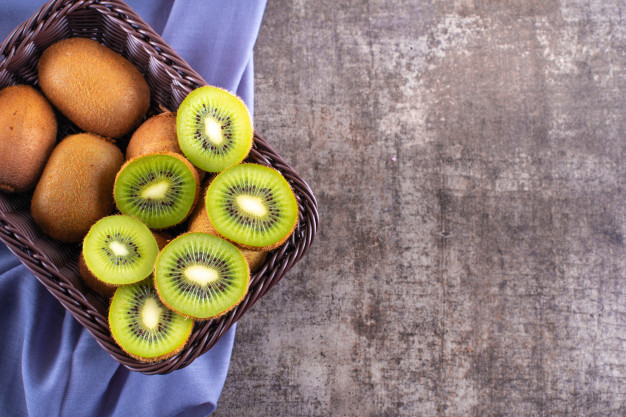
Source:
Biswell, S., 2017. Supporting the Kiwi way. Public Sector, 40(2), p.16.
Hunter, D.C., Skinner, M.A. and Ferguson, A.R., 2016. Kiwifruit and health. In Fruits, Vegetables, and Herbs (pp. 239-269). Academic Press.
Keep, H.L.D.K., Health Benefits of Kiwi Fruit.
Richardson, D.P., Ansell, J. and Drummond, L.N., 2018. The nutritional and health attributes of kiwifruit: a review. European journal of nutrition, 57(8), pp.2659-2676.
Singletary, K., 2012. Kiwifruit: overview of potential health benefits. Nutrition Today, 47(3), pp.133-147.
Tyagi, S., Nanher, A.H., Kumar, V., Nishad, S.K., Ahmad, M. and Bhamini, K., 2015. Kiwifruit: Health benefits and medicinal importance. Rashtriya krishi, 10(2), pp.98-100.
Zehra, A., Naik, H.R., Nayik, G.A., Kour, J., Bobis, O., Wani, S.A., Gull, A., Pandita, D., Ganaie, T.A. and Nanda, V., 2020. Kiwi. In Antioxidants in Fruits: Properties and Health Benefits (pp. 547-561). Springer, Singapore.
